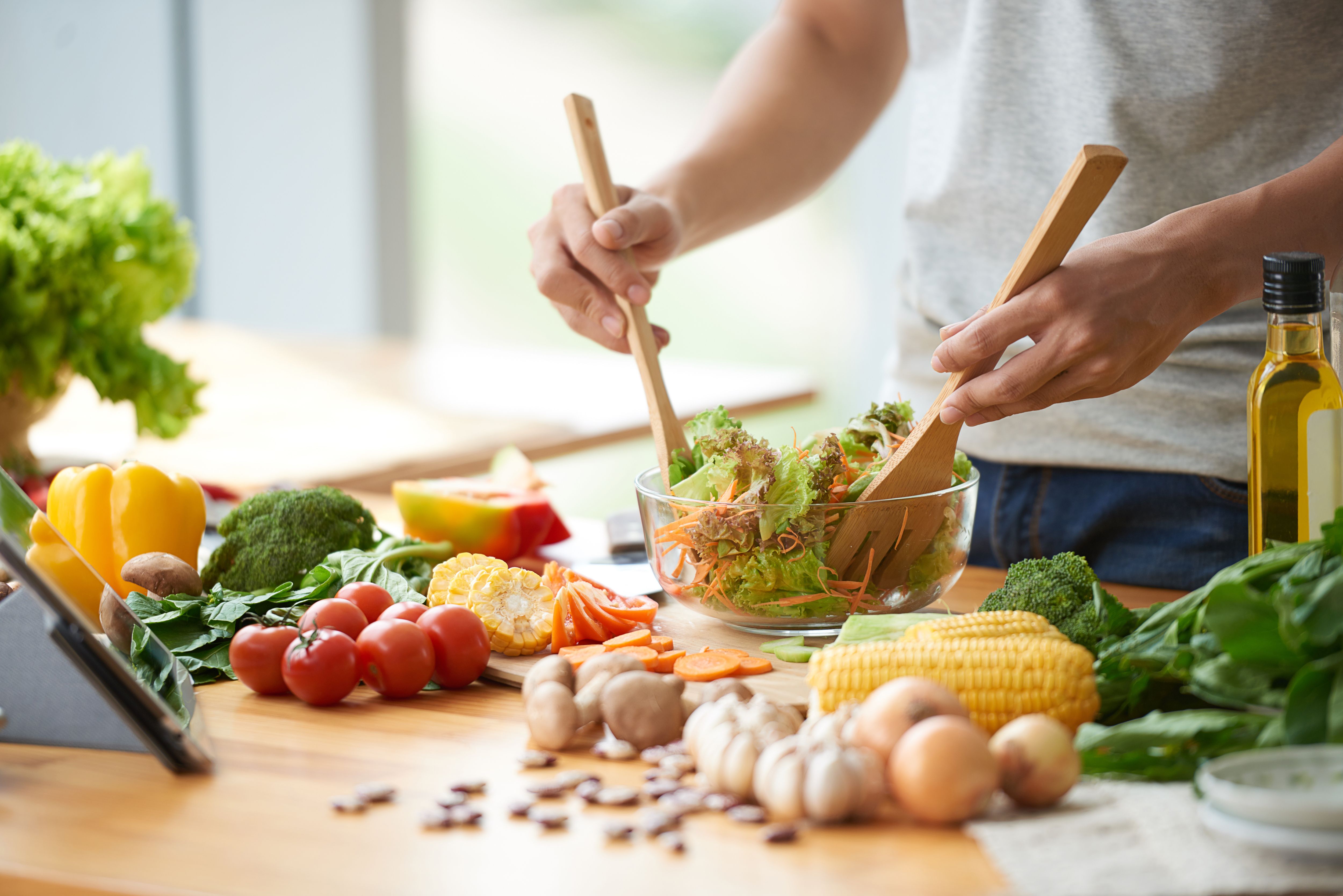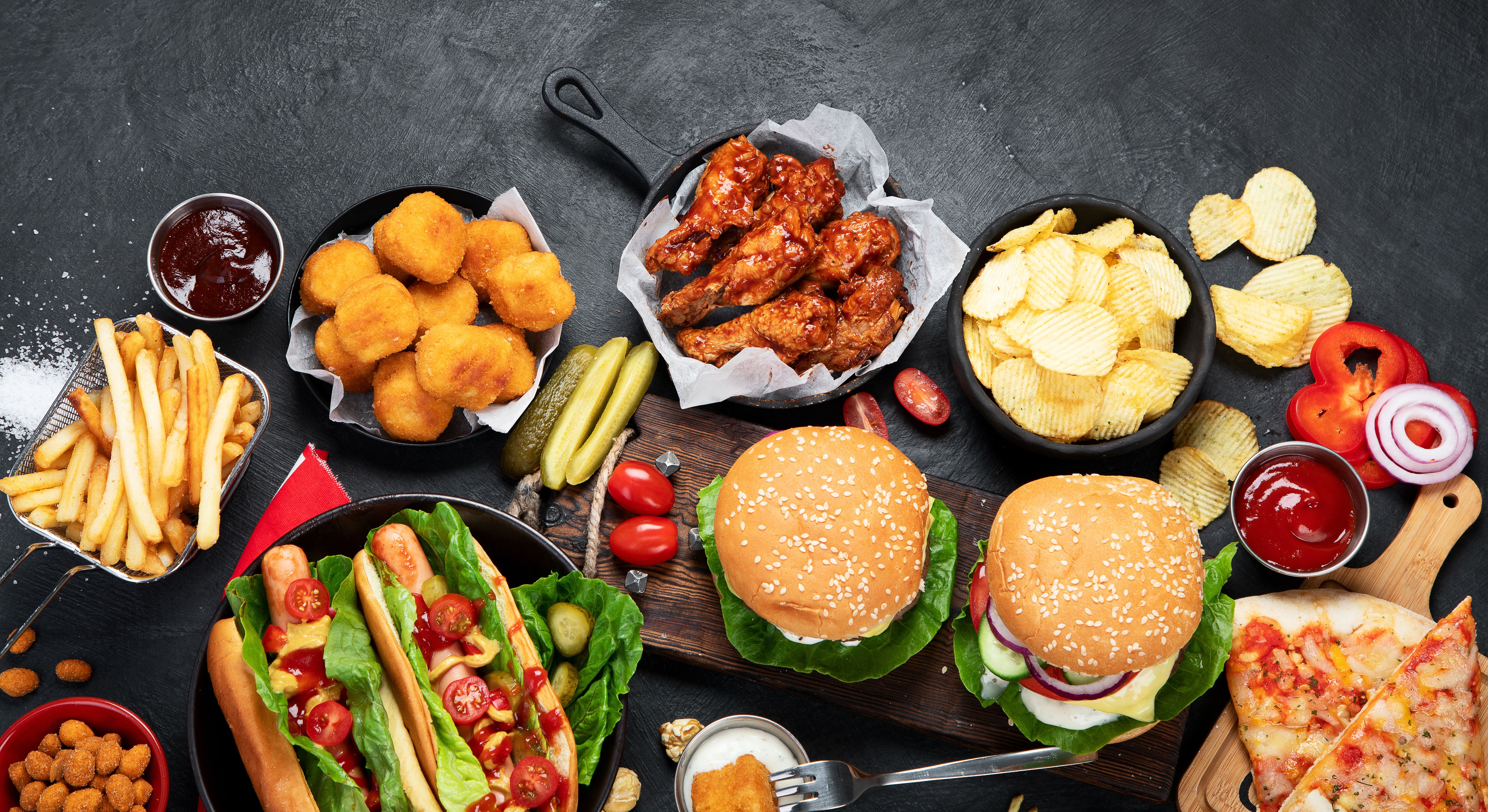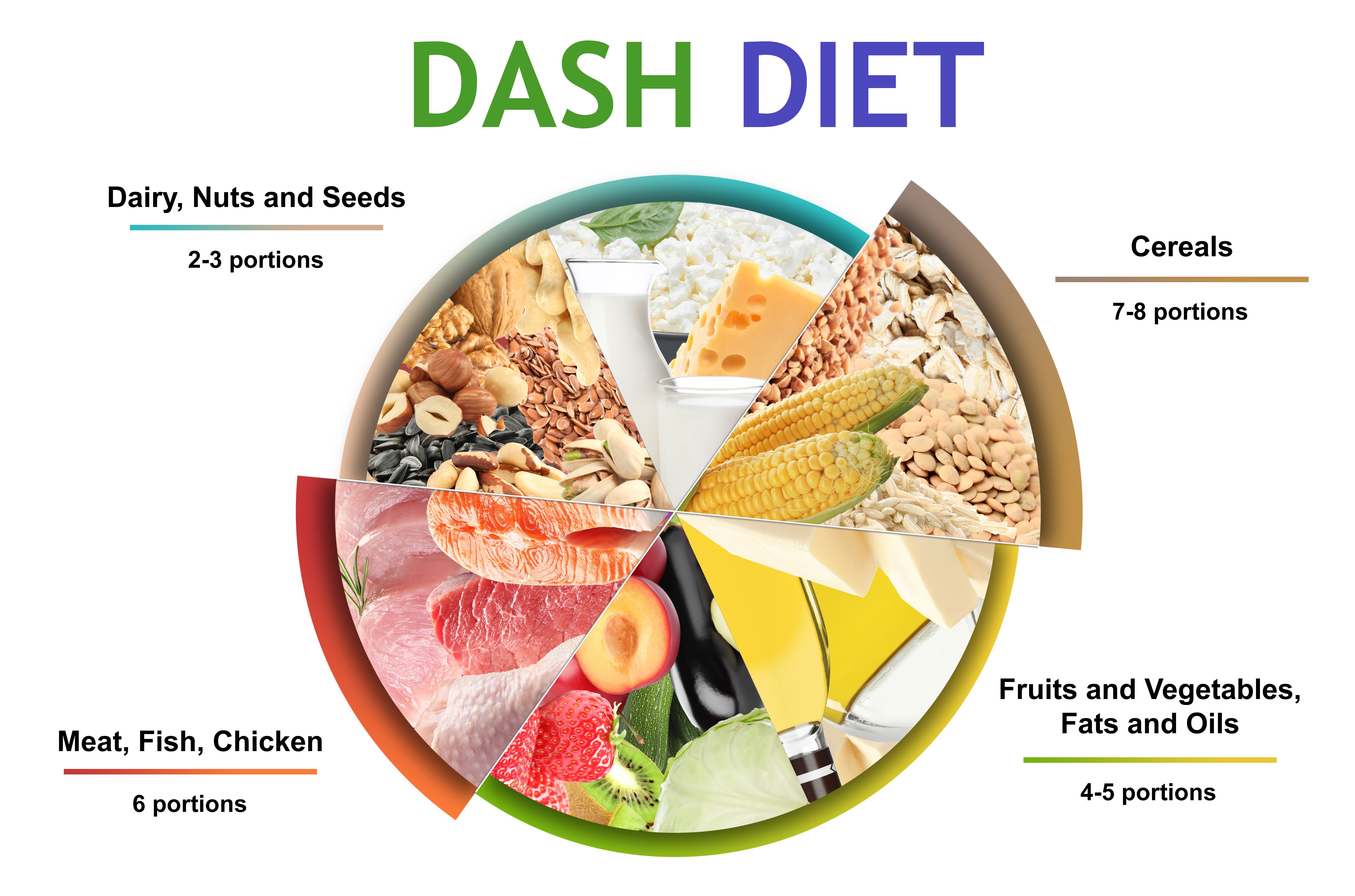Impact of Food on Hypertension
Overview
- Diet plays a crucial role in managing blood pressure, with certain foods helping to lower it and others potentially raising it.
- Adopting a heart-healthy diet can significantly improve blood pressure levels and overall cardiovascular health.
- The DASH diet is specifically designed to help manage hypertension through balanced nutrition.
Introduction
Hypertension, or high blood pressure, is a common condition that can lead to serious health issues if not managed properly. One of the most effective ways to control blood pressure is through diet. Understanding which foods to eat and which to avoid can make a significant difference in managing hypertension and improving your overall health.

Foods to Eat for Hypertension
Incorporating the right foods into your diet can help lower blood pressure and support heart health. Here are some key foods to include:
Fruits and Vegetables
Rich in potassium, fruits and vegetables help balance sodium levels in the body, which can lower blood pressure. Examples include bananas, oranges, spinach, and sweet potatoes. These foods are not only nutritious but also provide essential vitamins and minerals that support overall health.
Whole Grains
Whole grains like oats, brown rice, and whole wheat bread are high in fiber, which can help reduce blood pressure by improving heart health and aiding in weight management. Fiber is essential for maintaining a healthy digestive system and can help regulate blood sugar levels.
Lean Proteins
Choose lean protein sources such as skinless poultry, fish, beans, and legumes. Fatty fish like salmon and mackerel are particularly beneficial due to their high omega-3 fatty acid content, which can help lower blood pressure. Omega-3 fatty acids are known for their anti-inflammatory properties and can support overall cardiovascular health.
Low-fat Dairy Products
Low-fat dairy products like skim milk, yogurt, and cheese provide calcium and vitamin D, which are essential for maintaining healthy blood pressure levels. These nutrients support bone health and can help regulate blood pressure by promoting proper muscle function.
Nuts and Seeds
Nuts and seeds, such as almonds, flaxseeds, and chia seeds, are rich in healthy fats, magnesium, and fiber, all of which can help lower blood pressure. These foods also provide protein and essential fatty acids that support overall health and well-being.

Foods to Avoid for Hypertension
Certain foods can raise blood pressure and should be limited or avoided to manage hypertension effectively:
Salt and Sodium
High sodium intake can lead to water retention, increasing blood pressure. Avoid processed and packaged foods, which often contain high levels of sodium. Aim to consume no more than 1,500 mg of sodium per day. Reducing sodium intake can help lower blood pressure and reduce the risk of cardiovascular disease.
Sugary Foods and Beverages
Excessive sugar intake can contribute to weight gain and increase blood pressure. Limit consumption of sugary snacks, desserts, and beverages like soda and fruit juices. Opt for natural sweeteners like honey or maple syrup in moderation to satisfy your sweet tooth without the negative impact on blood pressure.
Red and Processed Meats
Red and processed meats are high in saturated fats and sodium, which can raise blood pressure. Opt for leaner protein sources and limit consumption of these meats. Choose plant-based protein sources like beans and lentils to reduce the intake of unhealthy fats and support heart health.
Alcohol
Excessive alcohol consumption can raise blood pressure and contribute to weight gain. If you drink alcohol, do so in moderation—up to one drink per day for women and up to two drinks per day for men. Moderation is key to preventing the negative effects of alcohol on blood pressure.
Caffeine
While the impact of caffeine on blood pressure varies among individuals, it can cause a temporary spike in blood pressure. Monitor your intake and consult with your healthcare provider if you have concerns. Consider switching to decaffeinated beverages or herbal teas to reduce caffeine consumption.

Adopting the DASH Diet
The Dietary Approaches to Stop Hypertension (DASH) diet is specifically designed to help manage blood pressure through balanced nutrition. It emphasizes fruits, vegetables, whole grains, lean proteins, and low-fat dairy products while limiting foods high in saturated fats, sodium, and added sugars. The DASH diet is a comprehensive approach to eating that supports overall health and can be easily incorporated into your daily routine.
Key Takeaway
Diet plays a vital role in managing blood pressure. By incorporating heart-healthy foods and avoiding those that can raise blood pressure, you can effectively manage hypertension and improve your overall health. Always consult with your healthcare provider before making significant dietary changes to ensure they are safe and appropriate for your specific needs. Adopting a balanced diet rich in fruits, vegetables, whole grains, lean proteins, and low-fat dairy products can have a profound impact on your blood pressure and overall cardiovascular health. By making informed food choices and avoiding high-sodium, high-sugar, and high-fat foods, you can take control of your hypertension and lead a healthier, more active life.
References:
- https://www.heart.org/en/healthy-living/healthy-eating/eat-smart/nutrition-basics/diet-and-high-blood-pressure
- https://www.nhlbi.nih.gov/education/dash-eating-plan
- https://www.webmd.com/hypertension-high-blood-pressure/ss/slideshow-lower-blood-pressure
- https://www.healthline.com/nutrition/foods-good-for-high-blood-pressure
- https://www.mayoclinic.org/diseases-conditions/high-blood-pressure/in-depth/dash-diet/art-20048456
- https://www.medicalnewstoday.com/articles/foods-that-help-lower-blood-pressure
- https://www.cdc.gov/salt/reduce_sodium_tips.htm
- https://www.health.harvard.edu/heart-health/sugar-and-heart-disease
- https://www.heart.org/en/healthy-living/healthy-eating/eat-smart/nutrition-basics/understanding-meat-and-protein
- https://www.cdc.gov/alcohol/fact-sheets/alcohol-use.htm
- https://www.mayoclinic.org/diseases-conditions/high-blood-pressure/expert-answers/blood-pressure/faq-20058543
- https://www.nhlbi.nih.gov/education/dash-eating-plan
- https://www.cdc.gov/bloodpressure/prevent.htm